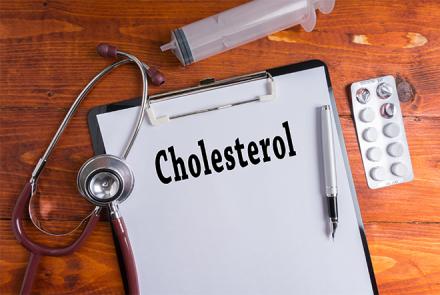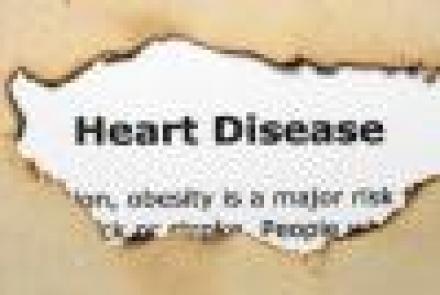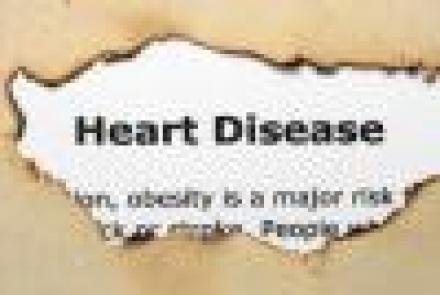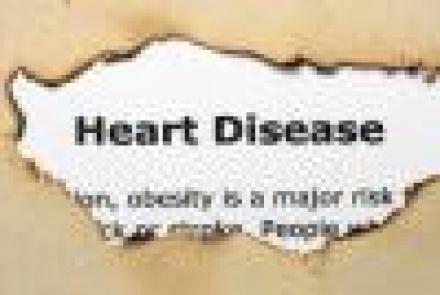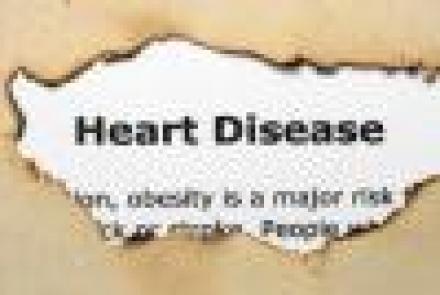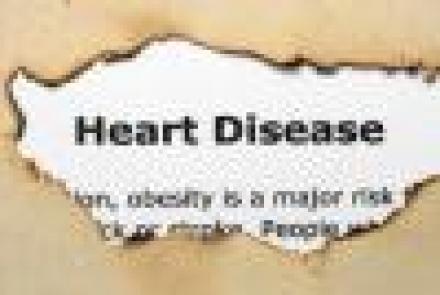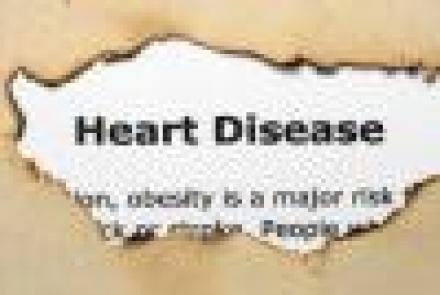
Heart Failure is a commonly seen condition amongst our aging population. In spite of advanced therapeutic science, incidence rates continue to increase. Life expectancy of patients with Heart Failure can be improved with lifestyle changes and compliance with their treatment plan. Mumbai-based cardiologist, Dr Nihar Mehta addresses many common questions regarding Heart Failure.
1. What is Heart Failure (HF)? Is it the same as congestive heart failure?
Heart Failure refers to the inability of the heart to function normally. About 8-10 million patients in India are estimated to be suffering from Heart failure – about 1% of the adult population. A common misconception is that heart failure means that the heart stops beating. In fact, it means that the heart cannot pump blood adequately for circulating throughout the body. Since the blood flow to all the organs in our body depend on heart pumping/functioning normally, heart failure leads to several repercussions in several major organs in our body.
There are several terms for Heart Failure such as congestive heart failure, congestive cardiac failure, pulmonary edema, etc. When the heart fails to pump blood forward, it accumulates in the lungs leading to pulmonary (lung) edema or lung congestion which leads to severe breathlessness.
2. What symptoms or signs should one look out for?
The main symptom of heart failure is shortness of breath. Often it is a feeling of choking or discomfort in breathing. An important symptom is that the breathlessness is more in lying down posture and is often relieved in sitting up position. This is occasionally accompanied with coughing (usually with minimal sputum) and rarely with blood tinged frothy cough.
Often patients have subtle signs to start with such as fatigue and tiredness while doing regular daily activities or swelling in the feet or loss of appetite. Some patients rapidly gain weight due to fluid accumulation in the body.
In more advanced stages, there can be fluid accumulation in the abdomen and severe breathlessness with air hunger or gasping for air.
Some patient with weak hearts may have heart arrhythmias (heart beating too fast) which can make them prone to fainting or even sudden death.
3. What is ejection fraction (EF)? Why is it important to know your EF number and what it means?
Ejection fraction refers to the Pumping Power of your heart. It is normally 55-60%. It is important to know what is the pumping power of your heart since reduced pumping power or ejection fraction implies that your heart is diseased and increases the risk for congestive heart failure.
4. Are there different types of heart failure?
Heart failure most often occurs due to reduced ejection fraction – called HFrEF (heart failure with a reduced ejection fraction) or Systolic heart failure where the pumping power of the heart is weak and the heart fails to contract well enough to pump blood to all the organs. This type accounts for 75-80% of patients with heart failure. The common causes for this type of heart failure are Heart attacks or blockages in the heart (coronary) arteries or cardiomyopathy (weakness of the heart muscle).
The less common type of heart failure is called Heart Failure with a preserved Ejection Fraction (HFpEF) or Diastolic heart failure where the heart’s pumping power is preserved but the heart fails to relax adequately. Adequate blood does not enter the left side of the heart leading to build up of pressure and congestion in the lung. This is also called Diastolic heart failure. It can be seen in patients with heart valve diseases, heart beat abnormalities (arrhythmias), high blood pressure, diabetes mellitus, renal failure, thyroid disease, anemia amongst several other causes.
5. What are the risk factors associated with heart failure?
Patients prone to heart diseases are all prone to heart failure as well. This includes patients with high blood pressure, diabetes mellitus, high cholesterol, smoking, alcohol consumption, stress, family history of heart attacks, heart valve diseases, arrhythmias, renal failure, anemia, thyroid diseases, etc. Rarely, the heart can be affected by congenital heart disease from birth, diseases of the heart muscle (cardiomyopathy), infections of the heart (myocarditis, endocarditis), chemotherapy agents and other cardio-toxic agents, etc.
6. How is it diagnosed?
Heart failure is a clinical diagnosis. The doctor will take into account the symptoms and risk factors and correlate those with clinical examination findings of heart rate, blood pressure, pressure wave forms of the venous pulse (JVP), chest and cardiac examination and examination of your abdomen and limbs. If the diagnosis of heart failure is suspected, certain blood tests like BNP ( B-type Natriuretic Peptide), NT-ProBNP (N Terminal B-type Natriuretic Peptide) or ST-2 Levels can help to confirm the diagnosis. Other useful tests include cardiac enzymes, electrocardiogram, echocardiography, chest X-rays and other blood tests.
7. What are the steps for treatment? (pls use generic names for drugs)
Immediate management of heart failure includes medications to form urine – diuretics which will reduce the congestion and relieve the symptoms of breathlessness. Other therapy includes oxygen therapy or use of ventilation therapy (non-invasive ventilation or invasive ventilator support based on the severity of the heart failure). Blood pressure stabilizing medications are usually needed to reduce the blood pressure if the BP is high or vice versa increase the blood pressure if low. Other drugs used in heart failure management depend on the clinical situation and they include ACE inhibitors, angiotensin receptor blockers, angiotensin receptor blocker - neprilysin inhibitors (ARNI), beta blockers, mineralocorticoid receptor antagonists, digoxin and other drugs.
The most important part of treatment is treating the cause of heart failure. For example, if the heart failure is due to a heart attack or myocardial infarction, then revascularization of the heart muscle should be done expediently. If the heart valves are causing heart failure, the valve leakage or obstruction should be relieved as soon as possible.
Additionally, heart failure patients should reduce their salt intake and fluid intake. They should undergo cardiac rehabilitation to plan their activity levels and exercise.
8. What are the most common cardiac devices used for treatment?
Patients with ejection fraction less than 35% are prone to heart arrhythmias and sudden death. A device called an Automated Implantable Cardiovertor Defibrillator (AICD) can be implanted in the heart which detects the fast heart beats and can deliver a lifesaving shock when appropriate.
In patients suffering from recurrent heart failure, in case the heart pumping is weak and the right and left side of the heart pump out of sync, a special pacemaker called Cardiac Resynchronization Therapy (CRT) can be implanted to improve the synchrony of the heart and relieve the patient’s symptoms.
In patients with end stage heart failure, special mechanical pumps can be used to stabilize the patient and improve their blood pressure, circulation and organ perfusion. These are called LVAD – Left Ventricular Assist Devices/ Artificial hearts which are surgically implanted in the heart and can mechanically pump blood to the whole body. This type of pump can be a bridge to a heart transplant or in select patients, be ‘destination therapy’ or final therapy for end stage heart failure.
9. What lifestyle changes does one need to make after implantation of cardiac devices? How can people reduce their risk for HF?
All patients with heart failure should restrict their salt and fluid intake. They should stop smoking, alcohol and other illicit drugs. They should control their other co-morbidities like blood pressure, diabetes and cholesterol. They should regularly monitor their weight, blood pressure and heart beats and should regularly consult their physician. Patients with AICDs or CRTs should have their devices checked at regular intervals. They should check if their devices are compatible with MRI scanners before undergoing such scans. Other detailed precautions should be discussed with the treating physician and cardiologist.
10. Can people with low blood pressure suffer from HF?
Yes. When people with low blood pressure have heart failure, they have to be started on medications to increase blood pressure and organ perfusion. In case the blood pressure cannot be increased with medications alone, special devices like intra-aortic balloon counterpulsation (IABP), Impella pump, extra-corporeal membrane oxygenator (ECMO) or LVAD (left ventricular assist devices) can be used to improve the cardiac output.
11. What is the prognosis for acute and chronic HF? What happens if heart failure is left untreated?
Heart failure when left untreated, carries a dismal prognosis. Patients do succumb to heart failure if not adequately treated. Additionally, patients who recover from heart failure are at a high risk for a repeat hospitalization or repeat episode of heart failure within the first 30 days! Usually, if the cause of the heart failure is reversible and can be treated, the patient carries a good long term prognosis. However, in some patients with fulminant heart failure or end stage heart failure, the long term outcomes are bleak. Newer modalities of treatment like LVADs and Heart Transplant offer new hopes to these patients. Organ donation drives to increase the heart transplants all across the country offer prospects and possibilities to these terminal patients.



